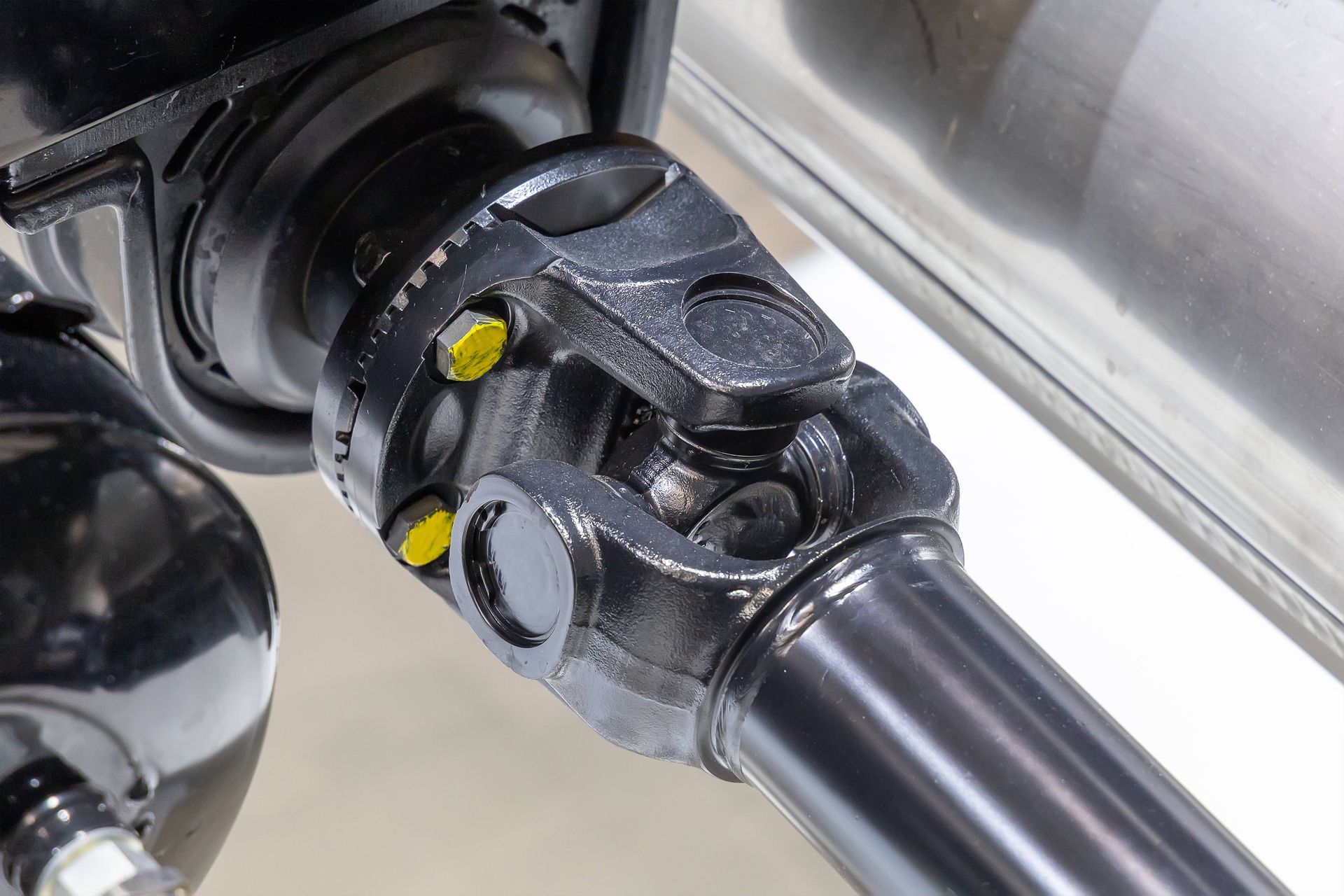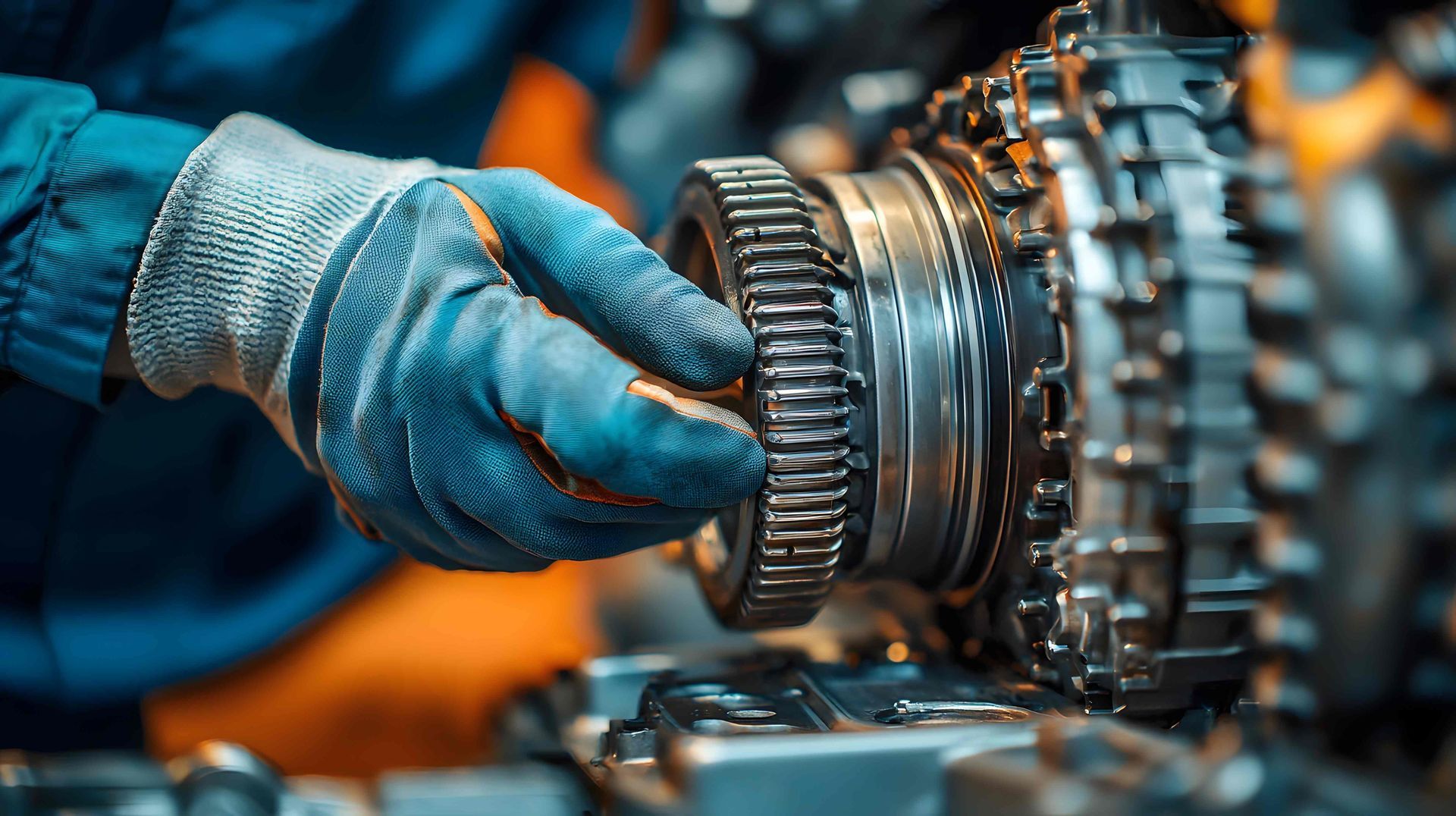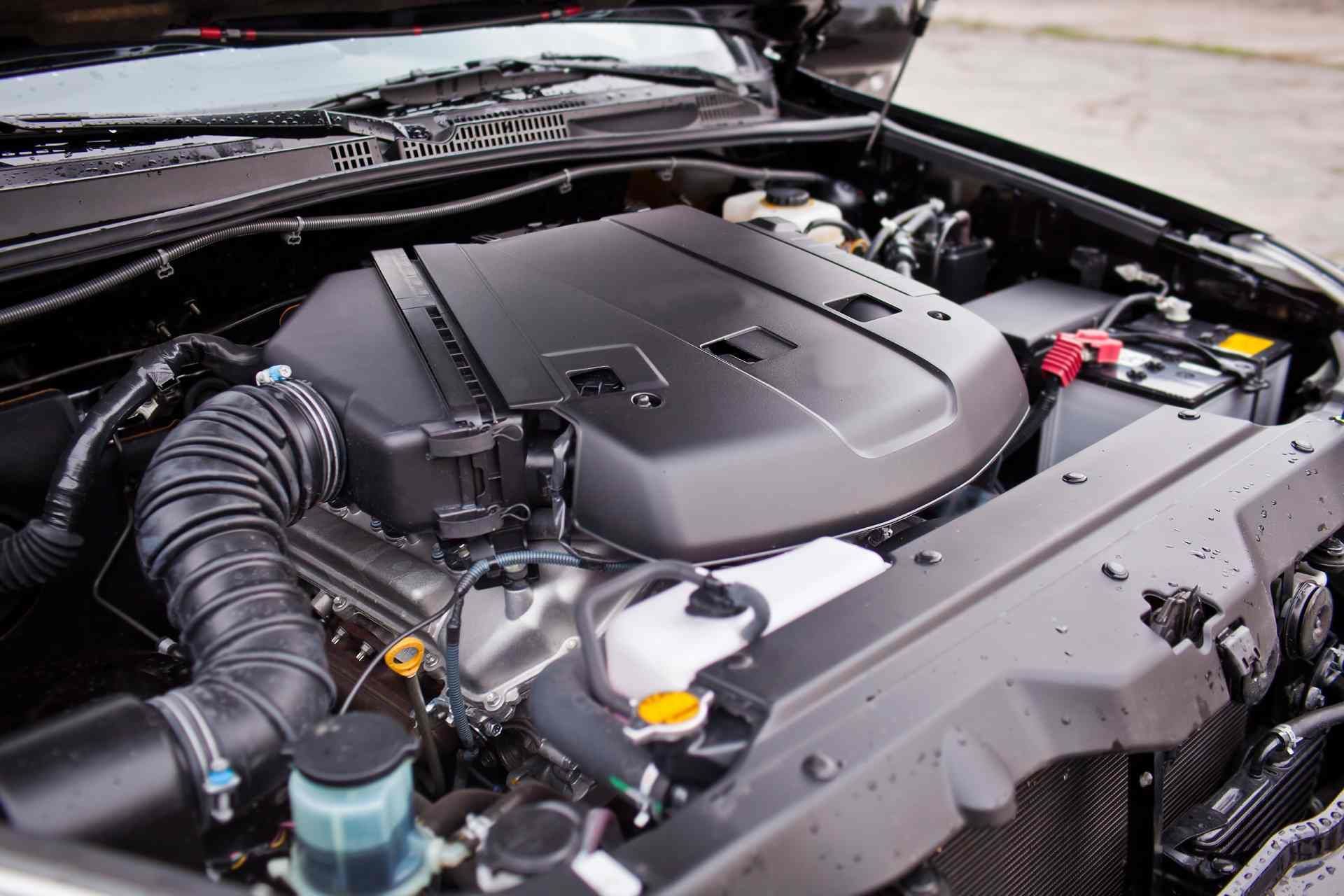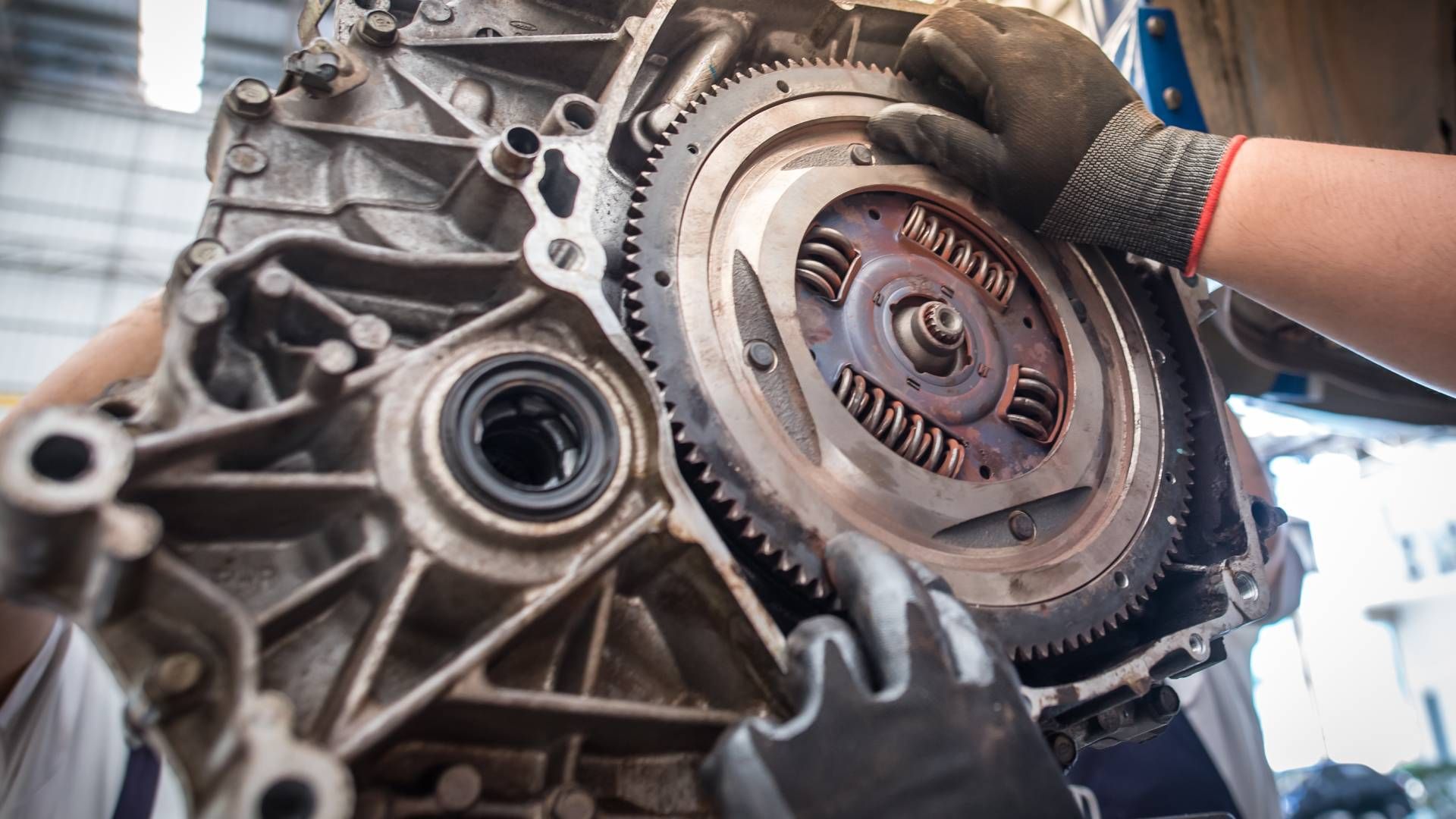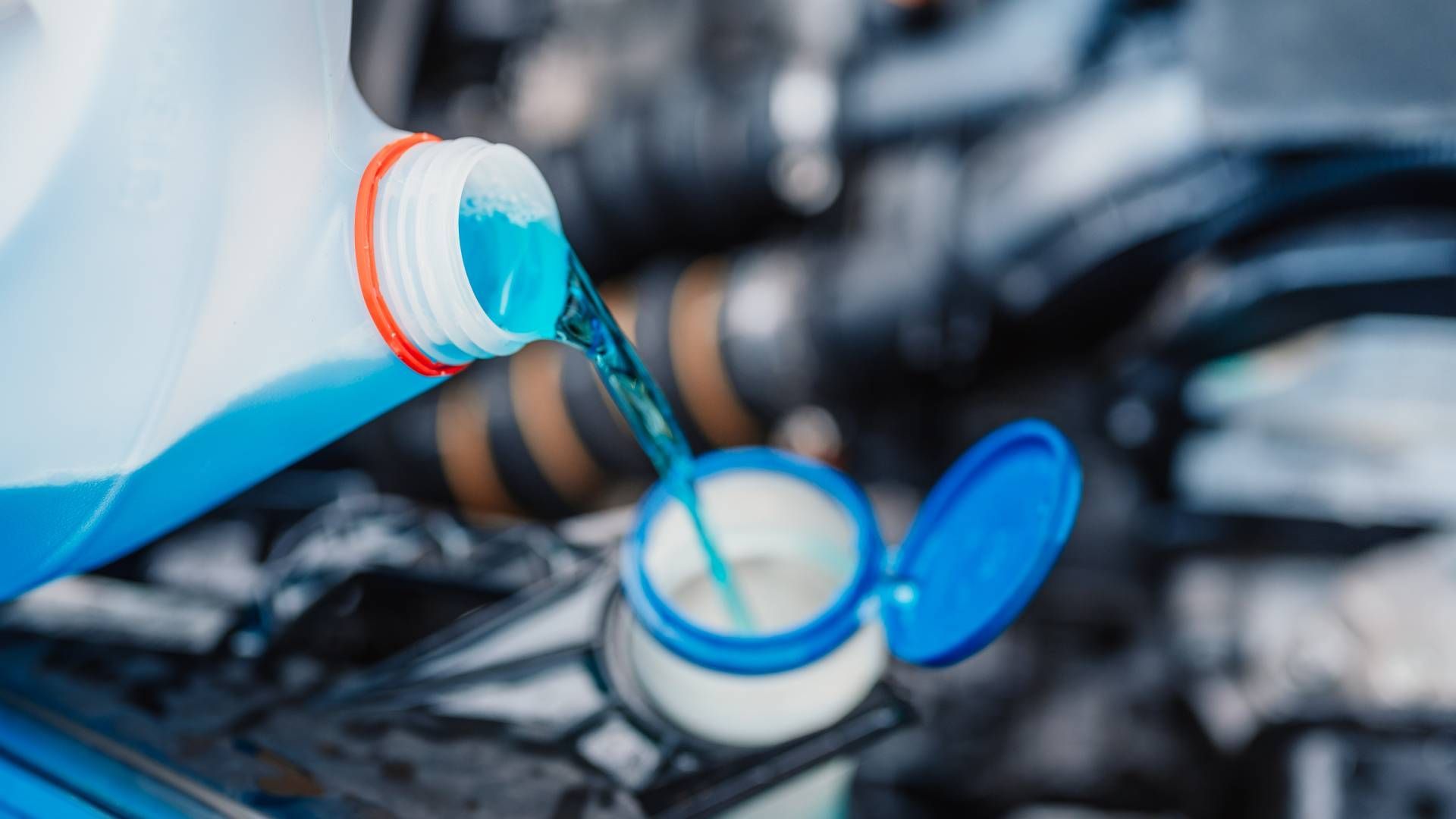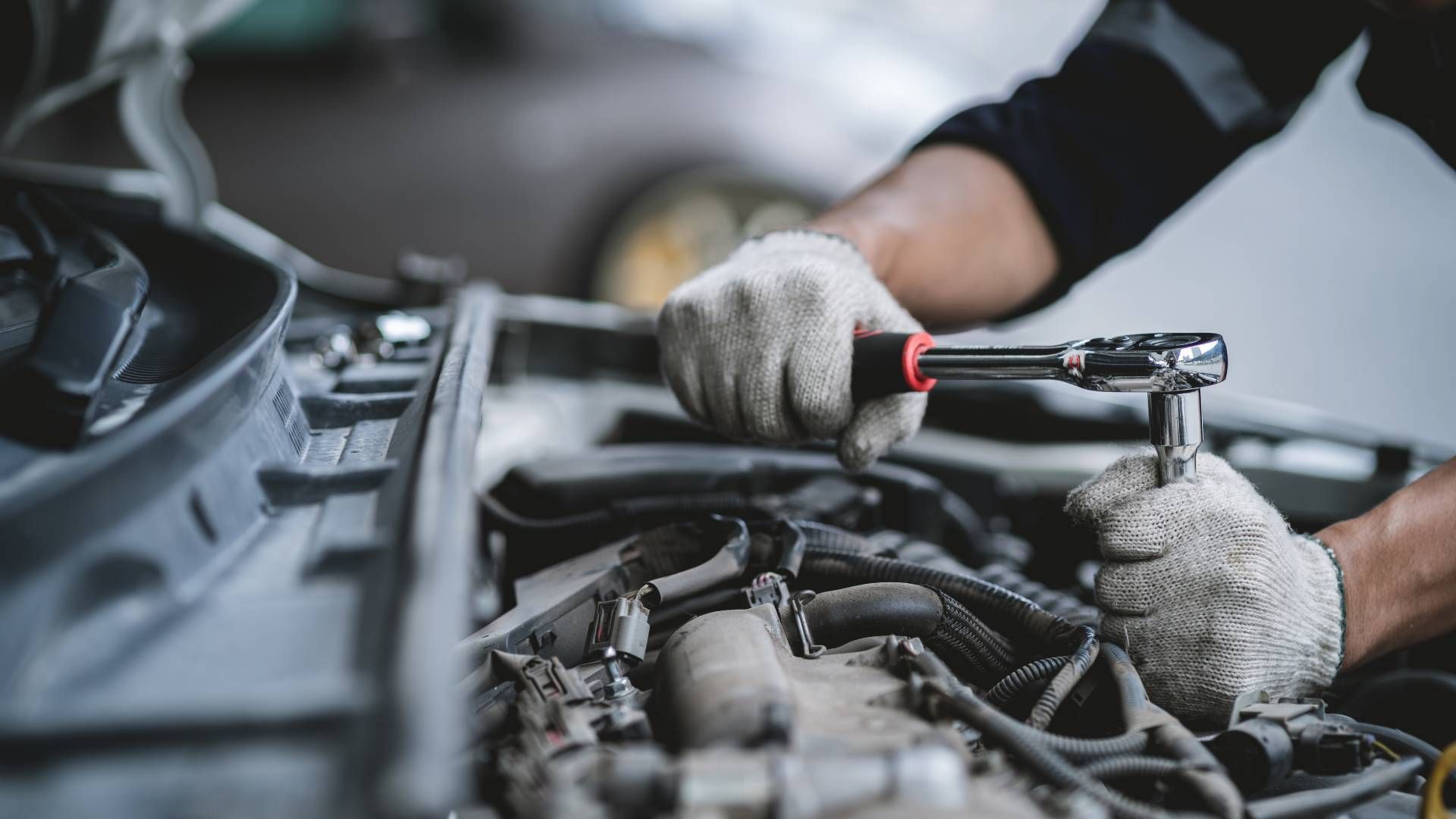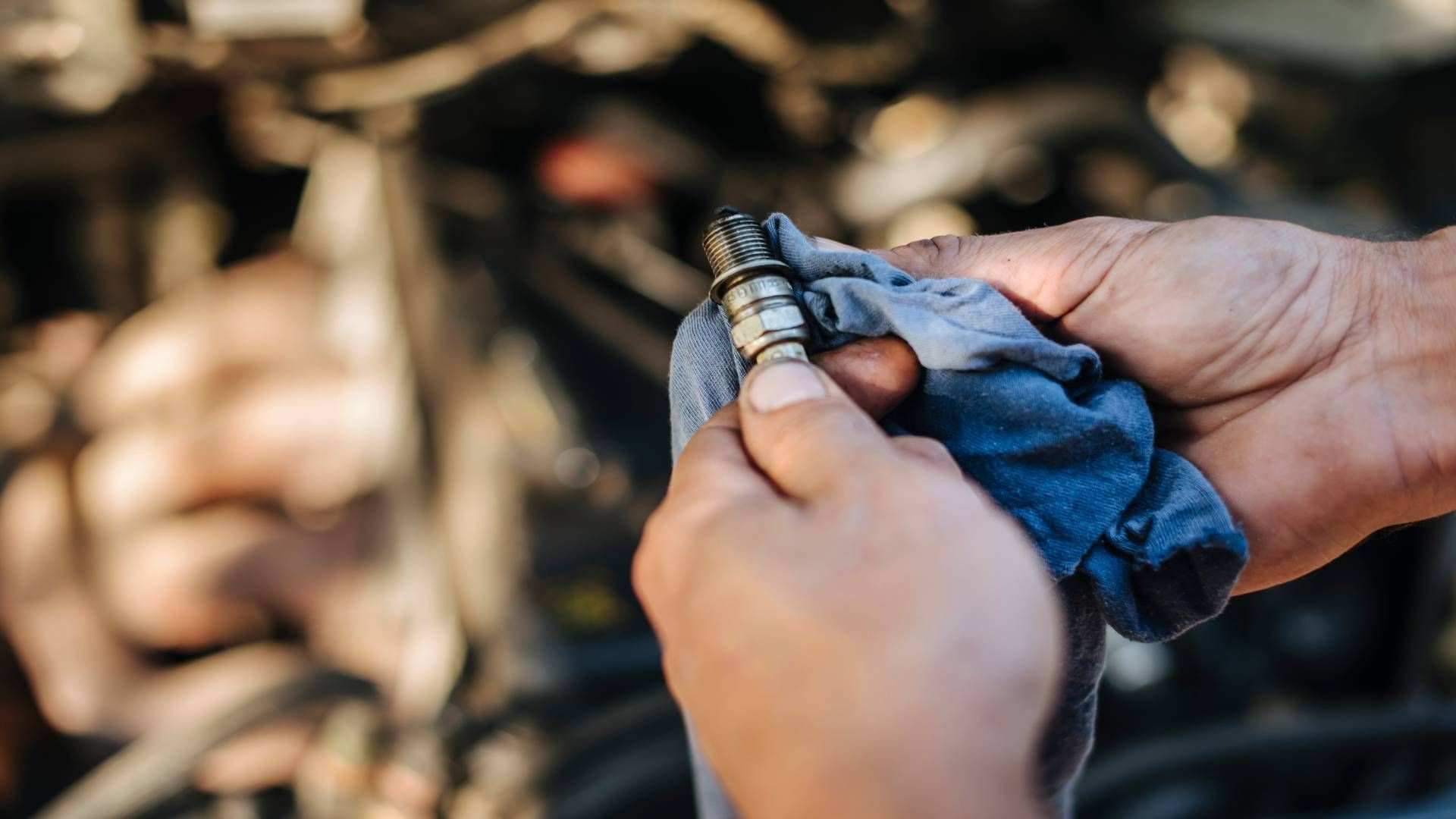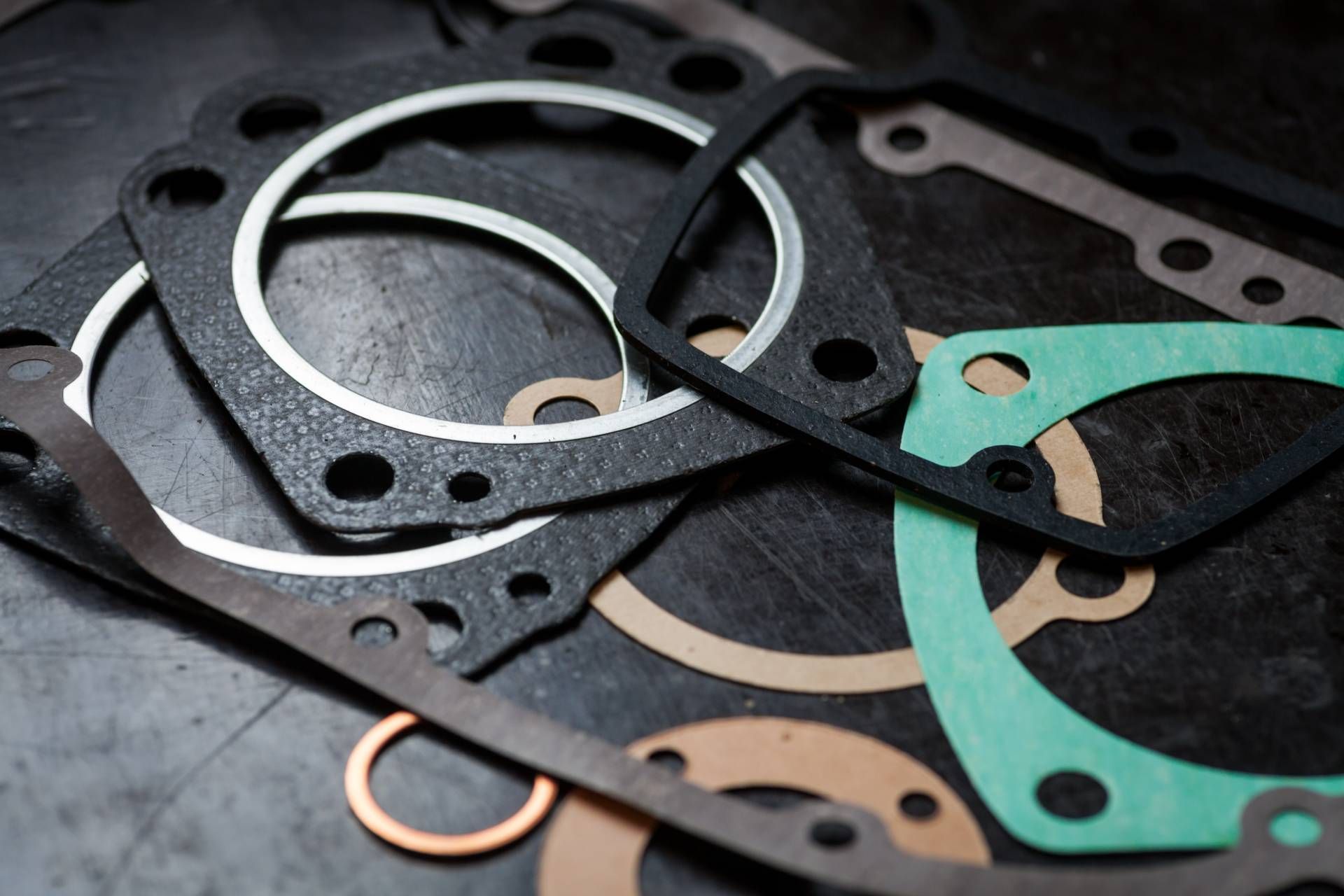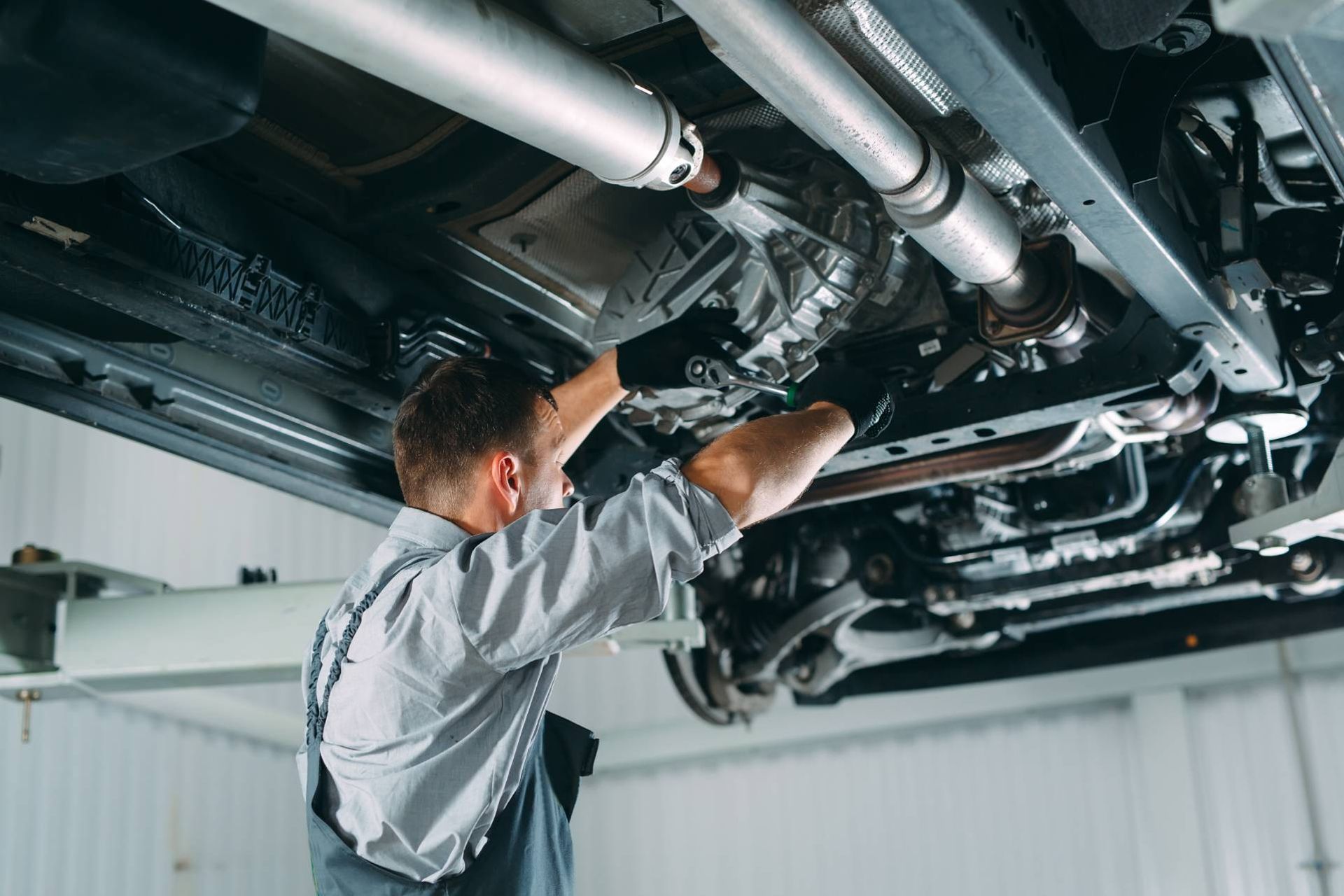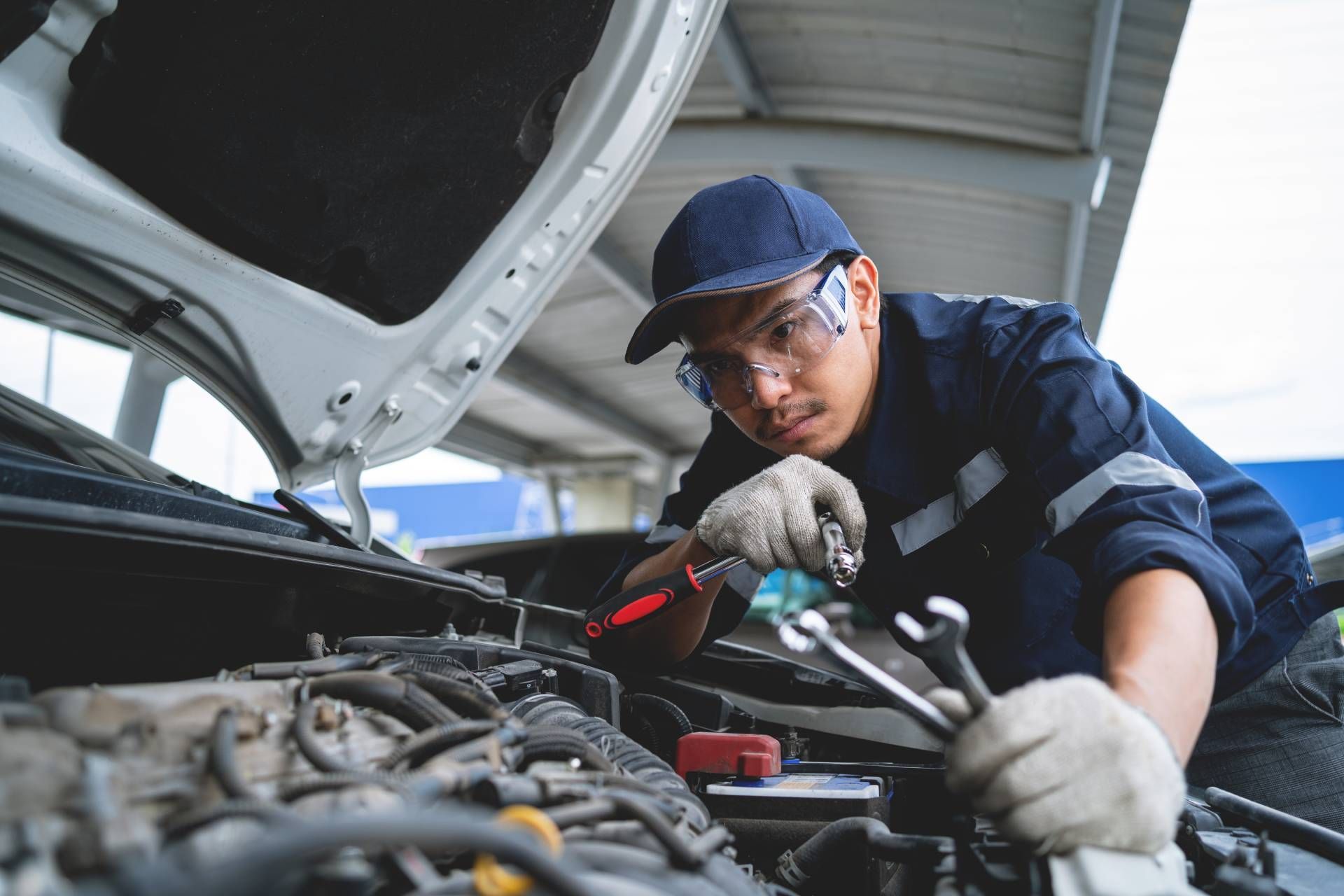How Does a Driveshaft Affect Your Transmission?
The driveshaft is essential to most vehicles, but many drivers don’t know how it works or if it’s part of the transmission. Once you understand the relationship between these components, you can recognize potential trouble signs and when they might need service. Mr. Transmission offers quality transmission repair near Cincinnati, OH, and our team members are happy to explain what driveshafts are, how they interact with transmissions, warning signs, and tips for maintaining them.
What Is a Driveshaft?
A driveshaft is a long metal tube that sends power from the transmission to the back wheels, helping them turn.
- It connects the transmission to the rear differential in rear-wheel and four-wheel drive cars.
- Front-wheel drive cars use a different part called CV axles, but they do a similar job.
Because the driveshaft rotates at high speeds while handling significant torque, it must be strong, balanced, and properly aligned to avoid issues during operation.
The Connection Between the Driveshaft and Transmission
The transmission manages engine power and delivers it to the driveshaft. When you shift gears (manually or automatically), the transmission adjusts the gear ratio to control speed and torque. This torque passes to the driveshaft, which transmits it to the rear axle.
If the driveshaft is faulty, the transmission will still function, but the power will not reach the wheels effectively. If ignored, this disconnect can cause noticeable performance problems or mechanical damage.
How Can I Tell if the Driveshaft Is Damaged?
The red flags of a worn or damaged driveshaft include:
- Vibrations While Driving: One of the first signs of a failing driveshaft is vibration, especially when accelerating. The driveshaft might be out of balance or have worn-out universal joints (U-joints).
- Clunking Noises: If you hear clunking sounds when shifting gears or when the car starts moving, it may be a loose or damaged U-joint.
- Lack of Movement: In extreme cases, lack of movement indicates a broken driveshaft; the car won’t move even though the engine and transmission seem fine. In essence, the power cannot reach the wheels.
- Shuddering During Acceleration: Uneven movement or jerking during acceleration indicates issues with the driveshaft or its connections to the transmission or differential.
These problems affect driveshafts and strain transmissions. We don’t recommend driving a vehicle exhibiting one or more of those symptoms unless you’re bringing it to our transmission shop near Cincinnati, OH.
How Mr. Transmission Can Help
If your car or truck has vibrations, noises, or shifting problems, it is best to have it inspected by a technician familiar with driveshafts and transmissions. An accurate diagnosis will prevent unnecessary repairs and help maintain the integrity of your entire drivetrain. Our team can identify how one component might be affecting your transmission.
Remember this: Driveshaft problems may seem minor at first, but if not addressed early, they can lead to larger repairs.
Our Transmission Shop Near Cincinnati, OH, Offers Free Performance Checks
A vehicle’s driveshaft plays a more significant role than you might realize. At Mr. Transmission, we provide thorough diagnostics and repairs so you can confidently get back on the road. Our team will pinpoint the problem—whether it is the transmission, driveshaft, or another component. We serve customers in Sharonville, Cincinnati, Northgate, West Chester, Mason, and Mainville, OH. Contact us today for an appointment.

